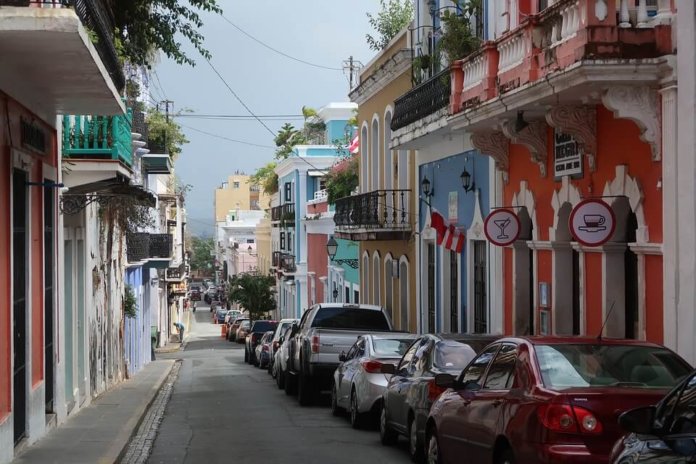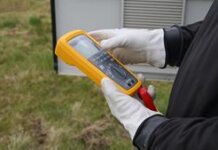On Tuesday, Dr. Nelson Colón, president of the Puerto Rico Community Foundation, testified before the U.S. House Committee on Natural Resources and outlined a strategy for rebuilding the island’s energy infrastructure. Notably, the plan includes community-owned solar energy cooperatives, which could provide self-sufficiency to underserved communities and revolutionize how Puerto Ricans get their electricity.
According to the foundation, the small community of Toro Negro, Ciales, suffered an eight-month electricity outage in the aftermath of Hurricane Maria in 2017. The Community Foundation, along with Somos Solar and Toro Negro residents, designed an energy-independent microgrid based on community-owned solar panels. Today, 28 residences receive solar power from the Toro Negro solar community grid.
Now, the Community Foundation wants to apply that model to many more underserved communities – at least one for every municipality in Puerto Rico.
Working with labor unions, nonprofit organizations and the cooperative movement, the Community Foundation would like to grow a green energy corridor to benefit approximately 250 low-income communities in Puerto Rico’s central mountain range. This green corridor could become an example for other cities and towns on the island, in the Caribbean and for the rest of the Americas, the foundation says.
“Energy co-ops will provide sustainable access to energy for low-income communities, will help control the price of energy through low-cost, non-profit vehicles, and will bring a renewed sense of empowerment and pride to communities in Puerto Rico,” Colón said in his testimony. “Energy co-ops are a win-win for all.”
As the hurricane’s recovery continues, Puerto Ricans have had to make hard choices concerning their public services. Among them is whether or not to privatize the Puerto Rico Electric Power Authority (PREPA), says the foundation, which does not have a position on the power authority’s privatization. Colón emphasized during his testimony that whether or not it happens, energy independence should be encouraged.
“Access to clean and reliable energy could mean the difference between life and death, both for the people of Puerto Rico and for our economic development. During PREPA’s transformation, we need to make sure that low- and middle-income communities all over Puerto Rico have equal access to clean and reliable energy,” he said.
The Puerto Rico Community Foundation was founded 34 years ago to promote equitable and sustainable access to essential services, housing and economic development.




